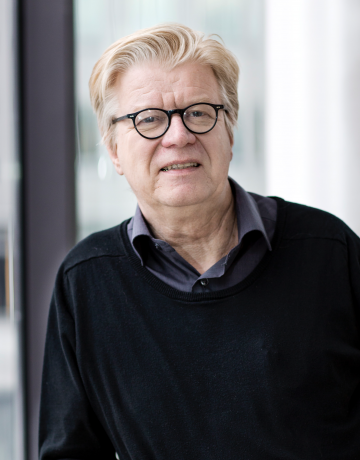
Roger Säljö
Head of the group of researchers of the "Digitalization of Childhood" at the University of Gothenburg, a world-renowned child psychologist-researcher, Sweden
Roger Säljö, Ph. D., Dr. h. c. mult., professor of educational psychology, specializes in research on learning, interaction and human development in a sociocultural perspective. Much of this work is related to issues of how children and adults learn to use cultural tools and symbolic technologies, and how we acquire competences and skills that are foundational to learning in socially and technologically complex societies. He has been Director of the Linnaeus Centre for Research on Learning, Interaction and Mediated Communication in Contemporary Society (LinCS), a national centre of excellence funded by the Swedish Research Council. He is an honorary doctor at the University of Turku and the University of Agder, and honorary professor at the University of Bath, UK. He has been visiting professor at a number of universities, including Universität Konstanz (Germany), University of California San Diego (USA), Rijksuniversiteit Utrecht (the Netherlands), University of Oslo (Norway), Georg-August-Universität Göttingen (Germany), University of Agder (Norway), University of Stavanger (Norway). He has supervised 52 students to their Ph. D. degrees at eight different faculties.
- Early childhood
1. Alpha and Beta attitude: what motivates these children? What trends and phenomena shape their attitude and how do they interact with the world...
- School education
- Early childhood
How should the youngest children be educated in the age of metaverses and virtual reality? What are the benefits and risks of using these...
- Learning how to learn
- Social and Emotional Learning
- Pedagogical psychology
- Adaptive technologies
- Technological platforms
- Online learning
- Innovations in administration
- XXI Century Competencies
- Process and project management
- Working with the future
- Designing interactions
- New types of educational programs
- Knowledge management
- User experience design
- Educational space design
- Hybrid learning
- Mixed reality








